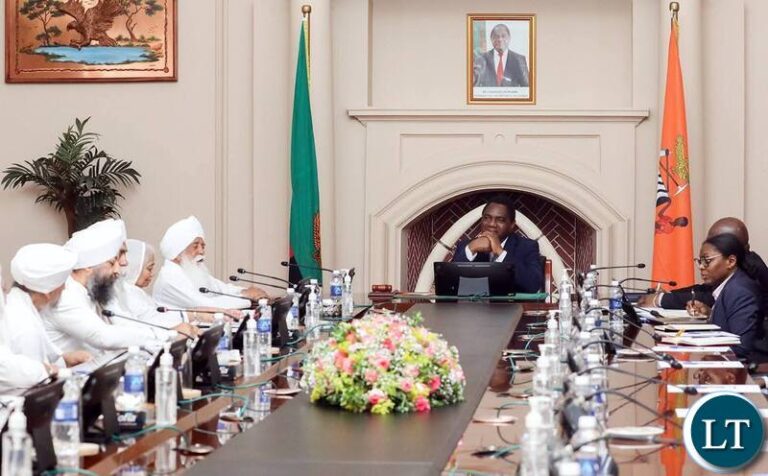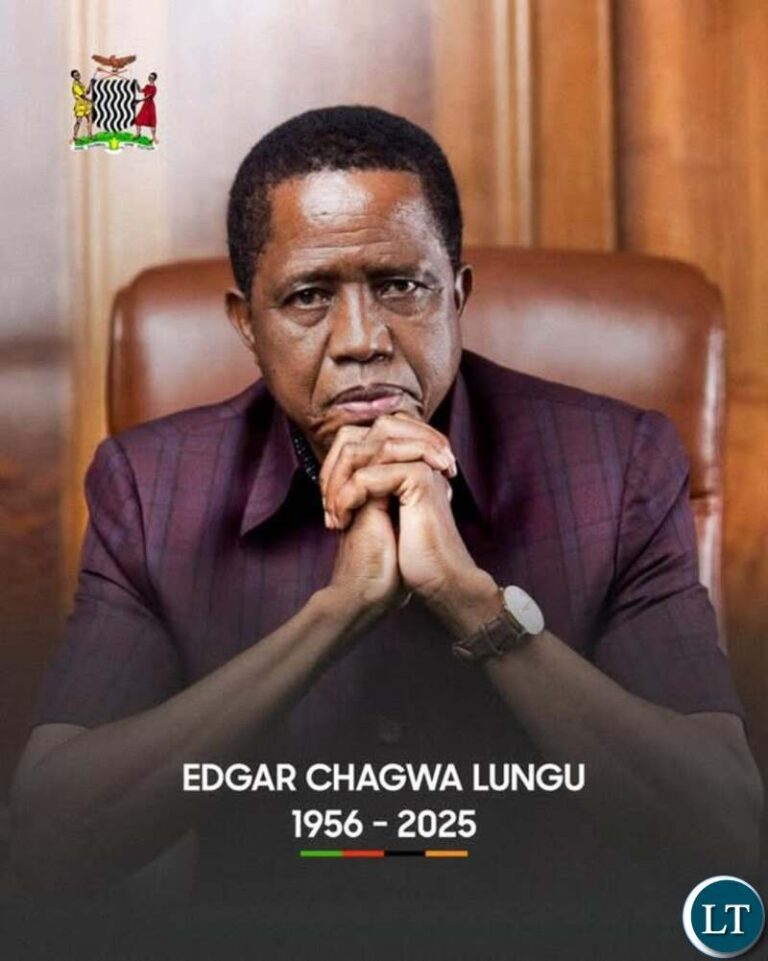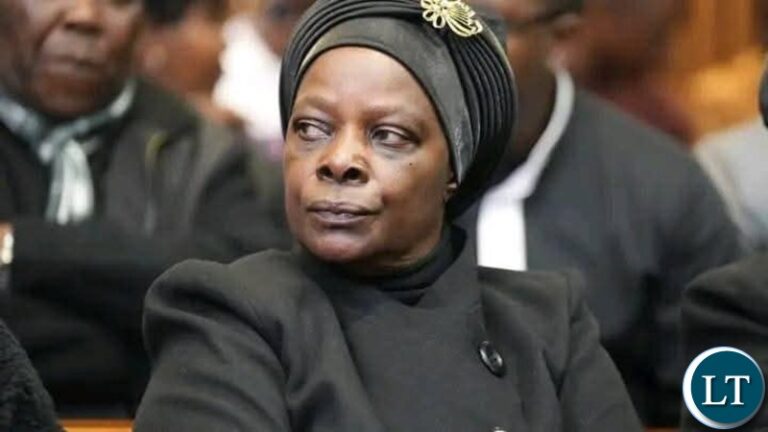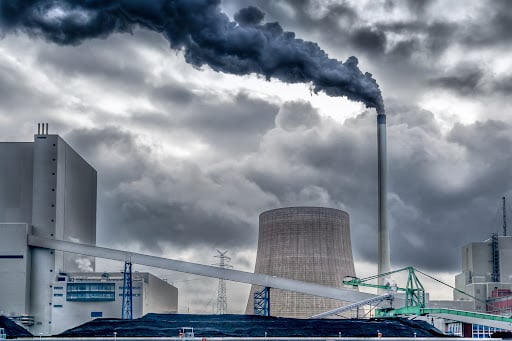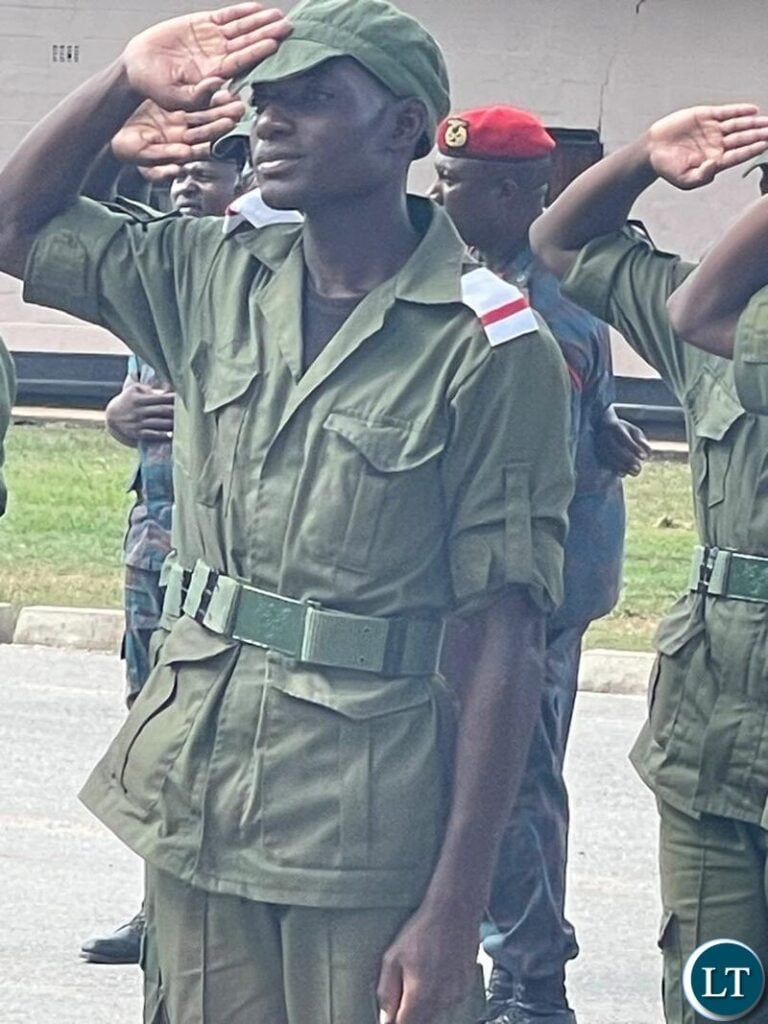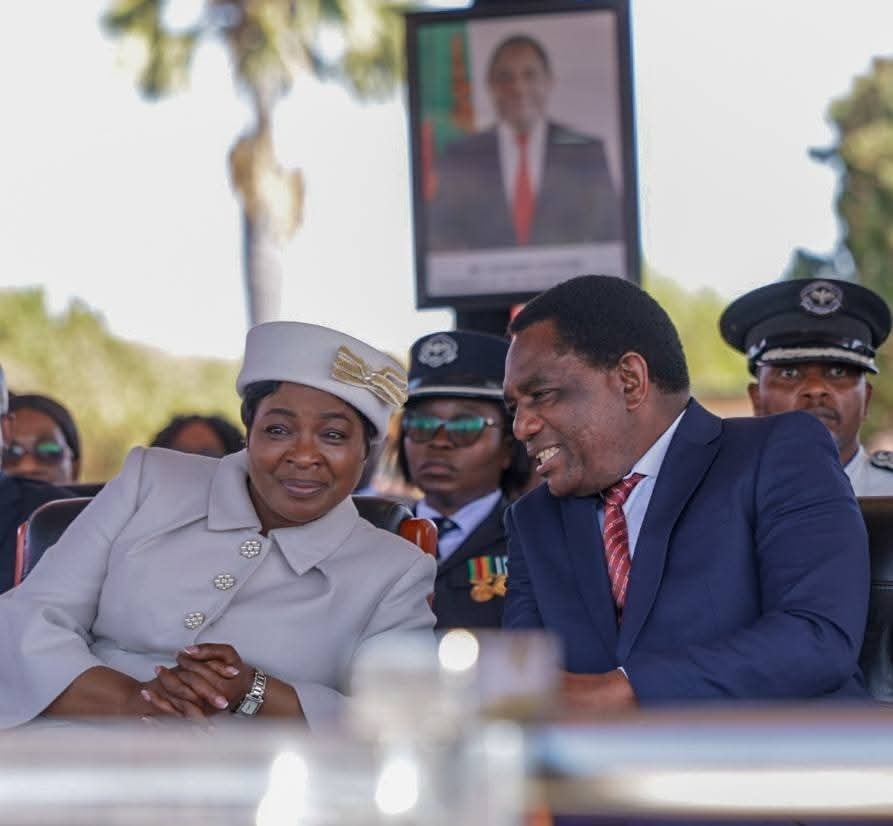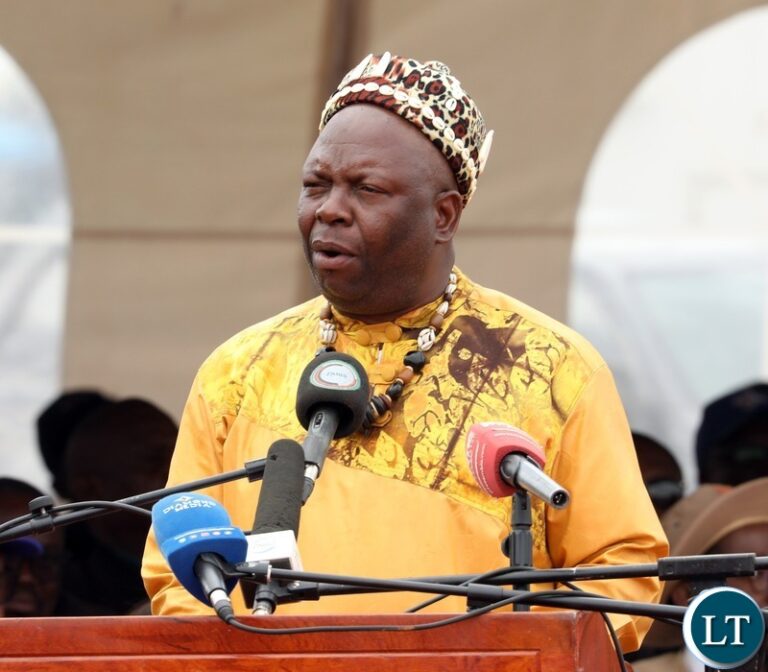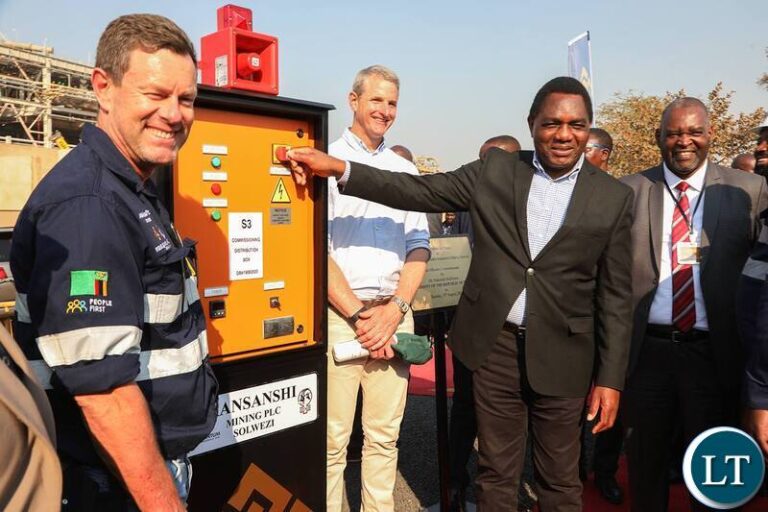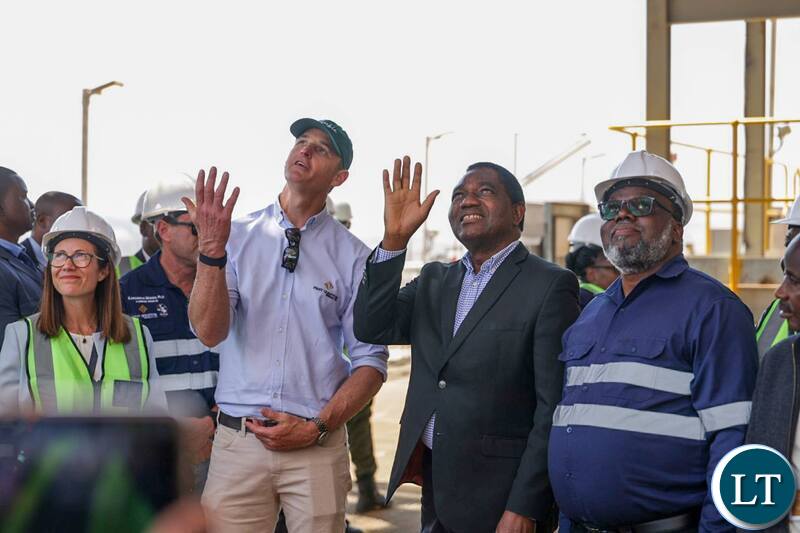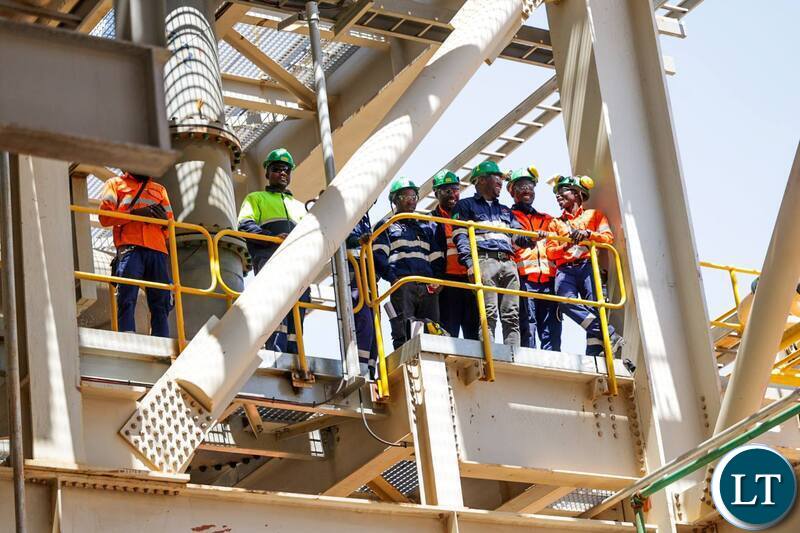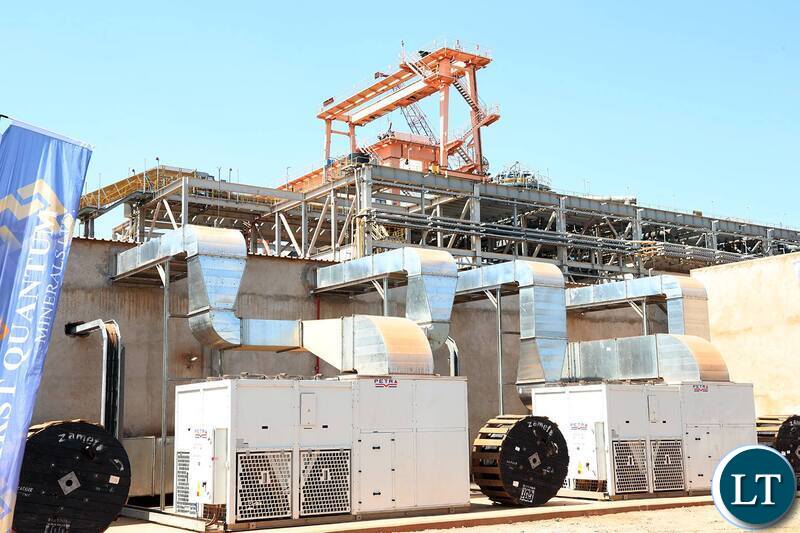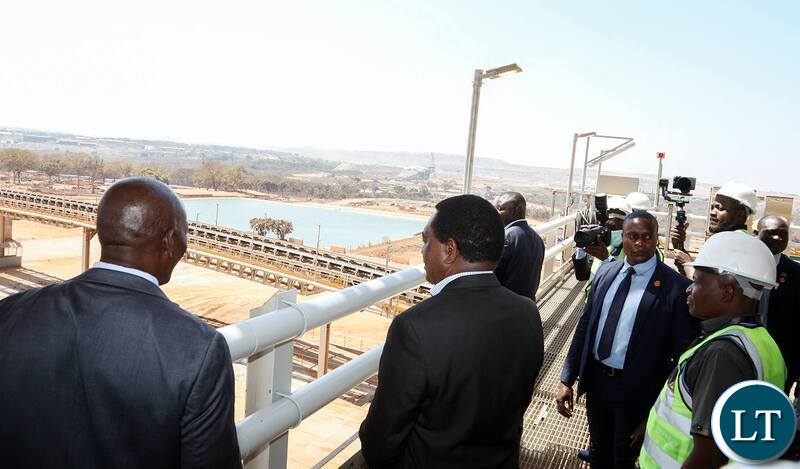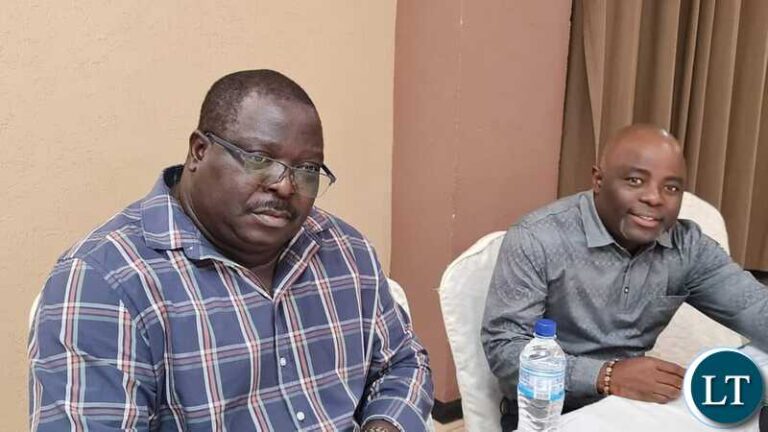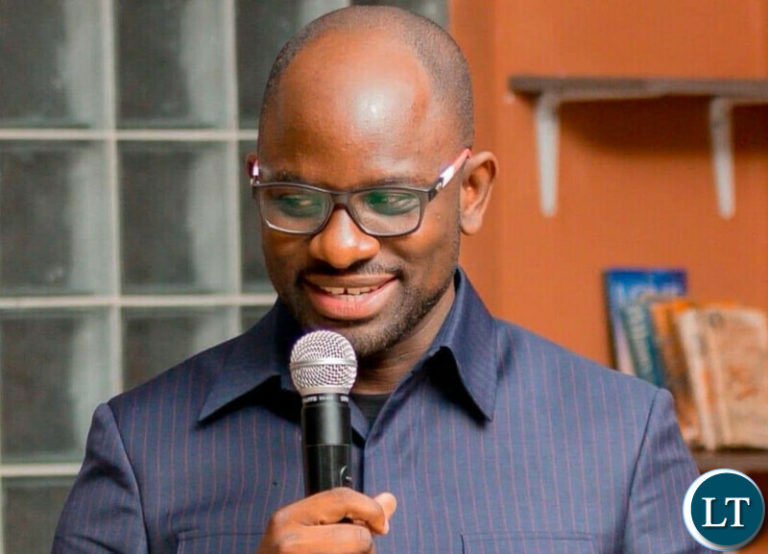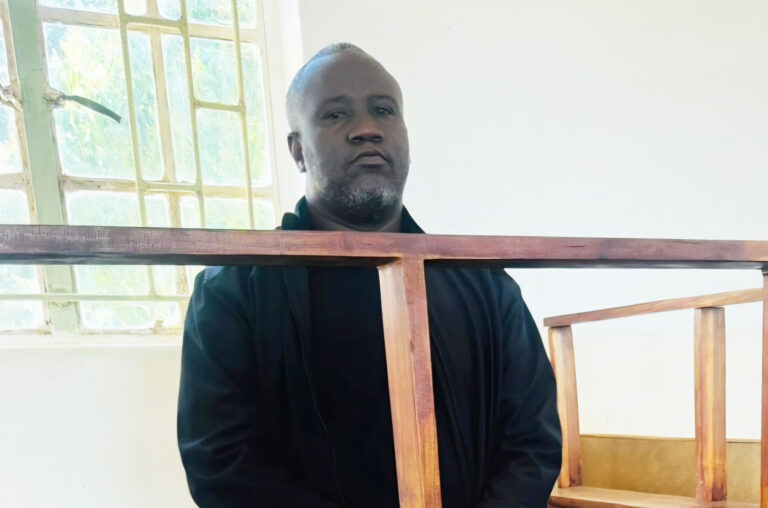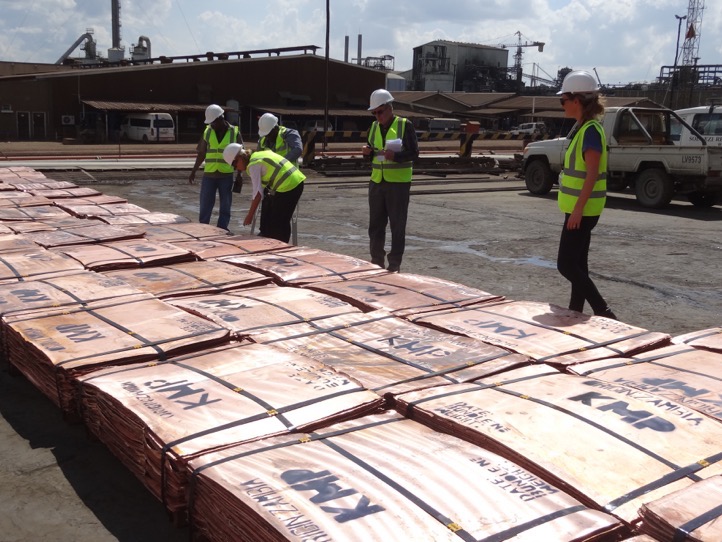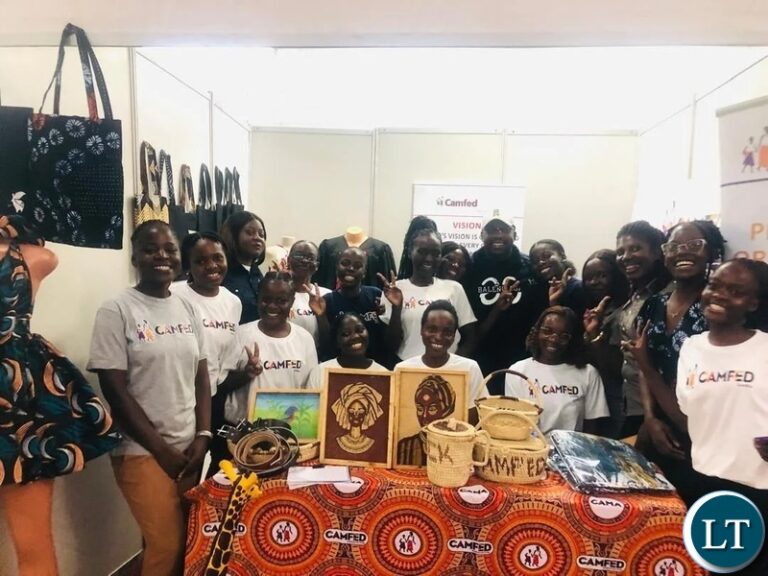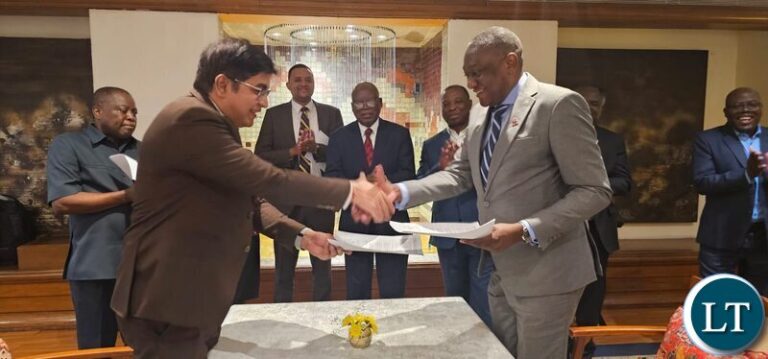Zambia’s Industrial Awakening
By Kelvin Phiri
For decades, Zambia was typecast as a resource economy a nation rich in copper yet trapped by its dependency on exporting raw ore. Factories once thrived but later shuttered, and communities suffered when global copper prices collapsed. For years, the country carried the stigma of underdevelopment. That reputation is now being rewritten.
According to a recent Nation report, Zambia has entered the top 10 list of Africa’s most industrialised countries, joining giants such as South Africa and Egypt. It is a milestone that signals more than just statistical recognition. It speaks to resilience, bold reform, and a vision that is gradually transforming the country from a commodity-dependent state into a diversified industrial hub.
Reform as the Turning Point
The turning point came in 2021, when President Hakainde Hichilema assumed office at the height of one of Zambia’s most severe economic crises. Public debt had spiralled, investor confidence had evaporated, and the kwacha faced instability. Instead of settling for survival mode, the administration pursued tough but necessary measures. Billions of dollars in public debt were restructured, and the government re-engaged with the International Monetary Fund and other global institutions. This injected credibility back into Zambia’s economy and created the foundation on which new industries could be built.
The reforms were not only about balancing ledgers. They sent a clear message: Zambia was open to business, open to diversification, and determined to reclaim its future.
Energy as the Backbone of Growth
No country industrialises without reliable energy, and Zambia understood this. Long reliant on hydroelectric power, the nation was repeatedly exposed to the consequences of drought. The answer lay in both expansion and diversification.
In 2023, the Kafue Gorge hydroelectric plant was fully commissioned, adding a substantial 750 megawatts to the grid. Almost simultaneously, two solar power plants in Kitwe — Riverside (34 MW) and Atimpi (60 MW) came online. These investments stabilised electricity supply, gave industries a reliable backbone, and positioned Zambia as a potential exporter of energy within the Southern African region.With energy secured, the wheels of industry began to spin.
Industrial Zones and Global Investment
Across Chibombo, Ndola, and Lusaka South, new multi-facility economic zones have sprung to life. These industrial parks, designed with tax incentives and ready infrastructure, have attracted major players such as Tradeking, Zambeef, Lafarge, and Dangote. Within them, industries as diverse as cement, steel, food processing, and packaging are flourishing.
It is no longer about Zambia shipping off raw maize or copper. Instead, the country is adding value producing packaged goods, processed foods, and manufactured components destined not just for Africa but for Europe and beyond. A vivid example came recently when Zambia exported its first consignments of avocados to South Africa, signalling agricultural diversification and new trade opportunities.
The Future in Copper and Cobalt
Copper remains the country’s economic mainstay, accounting for about 70 percent of export earnings in 2022. But the approach to copper is changing. Rather than sending ore overseas, Zambia is actively negotiating with Afrexim Bank and Chinese partners to establish a value chain for electric vehicle batteries. This would mean using local copper and cobalt to produce battery components within Africa, securing Zambia a foothold in the booming global green economy.
If successful, the initiative would mark one of the most significant industrial breakthroughs in Zambia’s modern history.
Growth That Includes People
What makes this transformation remarkable is its inclusivity. In the new factories, young Zambians are employed in clean, modern environments. Smallholder farmers are supplying food processors, drawing rural communities into national value chains. Members of the diaspora are returning, establishing factories and investing in agriculture.
This is not growth reserved for foreign investors or corporate boardrooms; it is growth being experienced by ordinary people. It is a form of industrialisation that uplifts as it expands.
A Signal to Africa
Challenges remain. Copper still dominates exports, making Zambia vulnerable to price fluctuations. Agriculture continues to wrestle with climate change and limited mechanisation. Education and skills training must catch up with the demands of a modern economy. Yet the difference today is that Zambia is no longer passive. It is shaping its own destiny, leveraging reform, energy, and industrialisation to carve a new path.
When Zambia is named among Africa’s most industrialised countries, it is not just a trophy. It is a signal. A signal that when leadership, policy, and people align, transformation is possible.
For Zambians at home and abroad, this is an invitation to invest, to innovate, and to dream bigger. The Zambia of 2050 is being built today not with copper alone, but with steel, energy, agriculture, and above all, determination.


